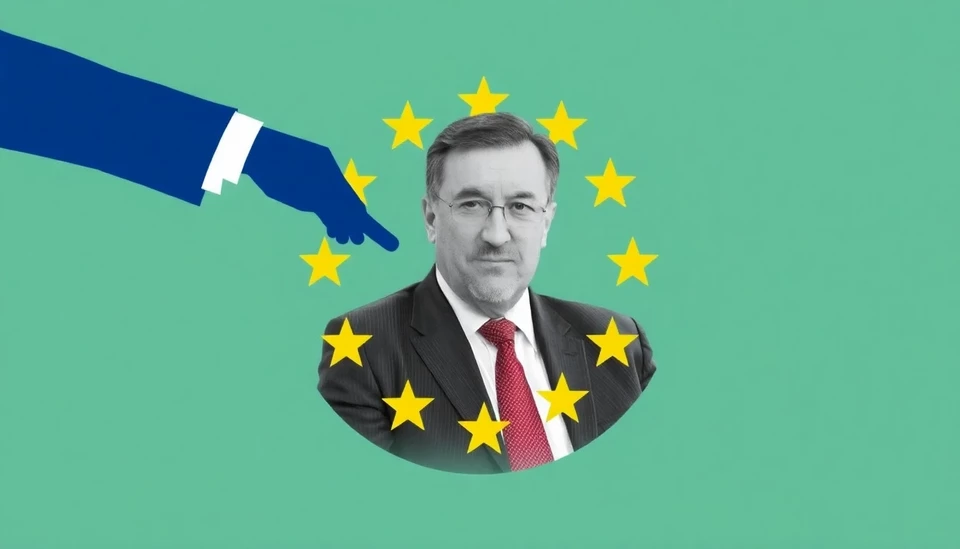
In a notable statement that has drawn the attention of economists and market analysts alike, the European Central Bank (ECB) Executive Board Member, Boris Vujcic, expressed his openness to reconsidering the bank’s monetary policy direction when it convenes in December. This announcement comes amid ongoing discussions about the appropriate response to complex economic conditions in the eurozone, primarily driven by inflation trends and economic growth rates.
Speaking at a recent financial conference, Vujcic emphasized the ECB's commitment to closely monitor evolving economic indicators prior to making any decisions on interest rates. His remarks highlight a more cautious stance amid uncertain economic conditions, suggesting that while the ECB has made strides in combating inflation, further adjustments may still be necessary depending on the data at hand.
The discussions surrounding the December meeting are particularly pivotal as central banks globally grapple with the ramifications of sustained inflationary pressures and the potential for an economic slowdown. Vujcic noted that the ECB is ready to adapt its strategy based on the latest economic assessments, conveying a sense of flexibility in their approach to interest rates as they strive to maintain financial stability across Europe.
The market is bracing for various scenarios as investors speculate whether the ECB will proceed with a rate hike, pause, or even reconsider a reduction, depending on the growth outlook and inflation forecasts closer to year-end. Vujcic’s open-ended approach underscores the importance of data-driven decision-making at central banks, especially during such unpredictable economic times.
As the December meeting approaches, all eyes will be on the indicators released from EU member countries, including GDP growth figures and inflation rates, which are crucial for informing the ECB's policy decisions. Analysts suggest that a careful balance must be struck, as excessive tightening could stifle growth, while insufficient action could exacerbate inflation, complicating the central bank's mandate.
Vujcic's comments follow recent data indicating that inflation in the eurozone remains stubbornly high, prompting discussions about the sustainability of current monetary policy. The potential for continued economic strain due to external factors such as geopolitical tensions and supply chain disruptions adds another layer of complexity to the ECB's decision-making process.
In conclusion, the ECB's path forward is shrouded in uncertainty, yet Vujcic's willingness to remain flexible and responsive to economic data highlights a prudent approach to navigating the eurozone’s monetary policy landscape. The coming weeks are expected to be pivotal, with significant attention on upcoming economic releases that will inform the central bank's stance in its December meeting.
#ECB #ECBMonetaryPolicy #InterestRates #EconomicGrowth #Inflation
Author: Daniel Foster




